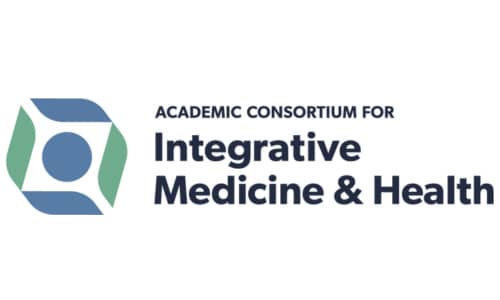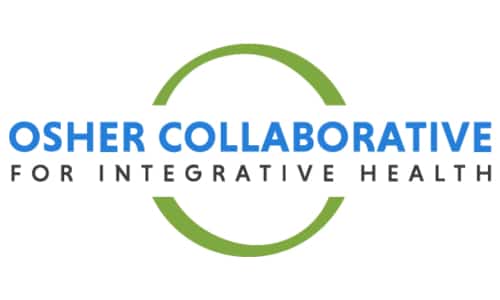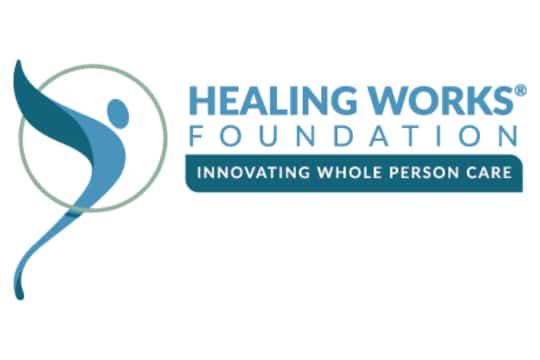Integrative Oncology and Professionals in Cancer Care
On this page
Integrative oncologists: an overview ›
Find integrative oncology professionals ›
📩 Subscribe to our weekly newsletter and receive the Cancer-Fighting Kitchen ebook free of charge.
Integrative oncologists: an overview
Integrative oncologists are conventionally trained oncology physicians who are also trained in integrative medicine, traditional medicine, or other holistic approaches to complement conventional cancer care. They aim to provide a whole-person approach to treating cancer, blending evidence-informed complementary therapies with standard treatments. The training and focus of integrative oncologists can differ, depending on factors such as:
- Conventional training and specialization: Integrative oncologists may have backgrounds in various areas, such as radiation oncology or medical oncology.
- Cancer specialization: Some integrative oncologists treat a wide variety of cancers, while others may focus on specific types, such as breast cancer or prostate cancer.
- Integrative approaches: These oncologists may incorporate a range of approaches, including integrative medicine, nutrition, traditional Chinese medicine, or Ayurvedic practices.
- Care and consultation: Some integrative oncologists only provide consultations on integrative care, while others serve as the primary oncology care practitioner, integrating both conventional and complementary and integrative treatments with lifestyle medicine themselves.
- Approach to complementary care: The level of complementary care offered varies. Some oncologists focus mainly on lifestyle changes, supplements, and mind-body therapies, while others may incorporate off-label drugs and more advanced complementary therapies into their care plans.
Although your oncologist may have an interest in integrative oncology, they may not be able to delve deeply into aspects of integrative oncology and you may need a specialist to support you. In your community, you may also be able to find practitioners of specific therapies such as acupuncture, massage, yoga, nutrition, physical therapy, and more. These therapies can assist with many side effects of cancer treatment and promote healing and wellness.
Integrative oncologists at hospitals or academic medical centers
Hospitals, cancer centers, and academic medical institutions increasingly offer integrative cancer care programs, though these programs can vary widely in terms of services and depth of integrative offerings. In some cases, the integrative care offered is relatively limited, while others provide a more comprehensive range of therapies requiring specialized knowledge and close supervision. As discussed in a recent academic paper1Crudup T, Li Let al. Breast cancer survivorship and level of institutional involvement utilizing integrative oncology. Journal of Oncology. 2021 Dec 18;2021:4746712, integrative medicine programs can be classified as:
- Integrative “light” programs: Some centers offer basic integrative services such as yoga classes, dietary counseling, and exercise programs, labeling them as “integrative care.”
- Expanded integrative programs: Others may offer more comprehensive services, including acupuncture, a variety of mind-body therapies, massage therapy, and nutrition counseling.
- Full-spectrum integrative care: A small number of centers provide a broader range of complementary therapies, such as natural products, herbs, supplements, off-label prescription drugs, and personalized timing of conventional treatments, integrated into a comprehensive cancer care plan.
Given the variation in services across institutions, patients interested in integrative oncology care may want to explore the offerings at different centers to find one that aligns with their needs.
See our database of NCI-designated centers offering integrative care ›
Integrative oncologists at private clinics
In addition to hospital- or institution-based care, integrative oncologists may also practice in private clinics. Since there is no certification or standard required to use the term integrative, the training and services offered at private clinics vary quite a bit. Some private clinics are rigorous and use evidence-based integrative treatments, while some use treatments that do not have strong evidence.
When considering a private clinic, it is important to:
- Research thoroughly: Investigate the practitioner’s credentials, check to see if they have ever been investigated by a medical board, ask for patient references, and review the therapies offered in scientific databases like PubMed or on our Supplements and Therapies database ›. Ask if they can tell you the percentage of patients who responded to therapy (50 percent or greater decrease in the main tumor size) or who had a long-term (five years or greater) cure.
- Ask about the risks of therapy: Seek information about any adverse events that occur, even if uncommon, or how often their patients have needed additional medical therapy (blood transfusions, antibiotics for infection caused by low count of white blood cells, or hospitalization, for example).
- Be cautious of strong marketing: Be wary if a practitioner claims their treatments are the only solution or strongly markets additional products, especially if these products lack supporting evidence.
- Consider costs and insurance: Many private clinics do not accept insurance and can be costly, so it is essential to evaluate the clinic’s credibility and the treatments offered before making any financial commitments.
By taking these steps, patients can better ensure they receive trustworthy and evidence-based integrative cancer care from reputable private clinics.
Find integrative oncology professionals
- Directories of integrative oncology professionals:
- NCI Designated Cancer Centers › Provides an interactive map with all of the comprehensive cancer centers certified by the National Cancer Institute. These centers are usually affiliated with academic centers and offer high quality cancer treatment. Find the center closest to you. Then using the directory for that particular center, check if they offer integrative medicine or any complementary services.
- Directories of all types of integrative professionals, within which you can search for oncology professionals:
- Graduates › of accredited integrative medicine fellowships. See a list of fellowships › from Academic Consortium for Integrative Medicine & Health.
- Nancy’s List Directory of Integrative Practitioners and Healing Centers ›
Helpful links
Explore integrative oncology resources
Learn about other medical approaches
References






